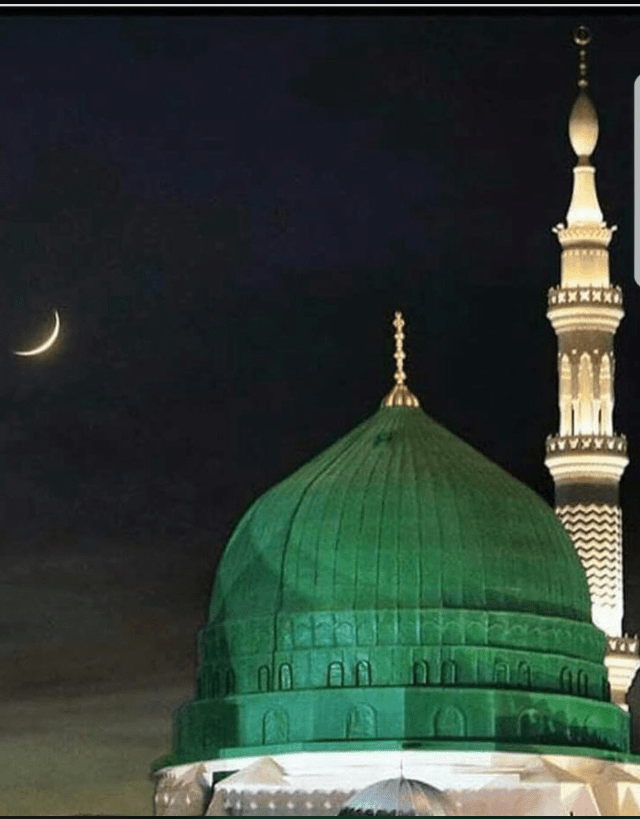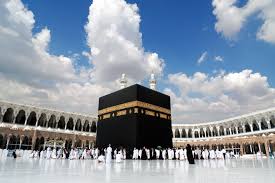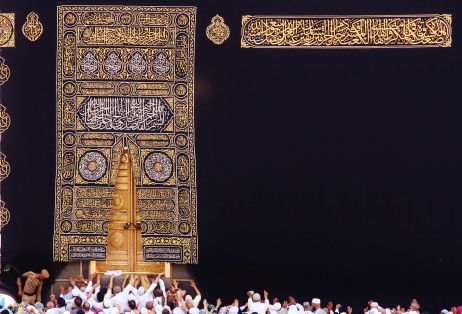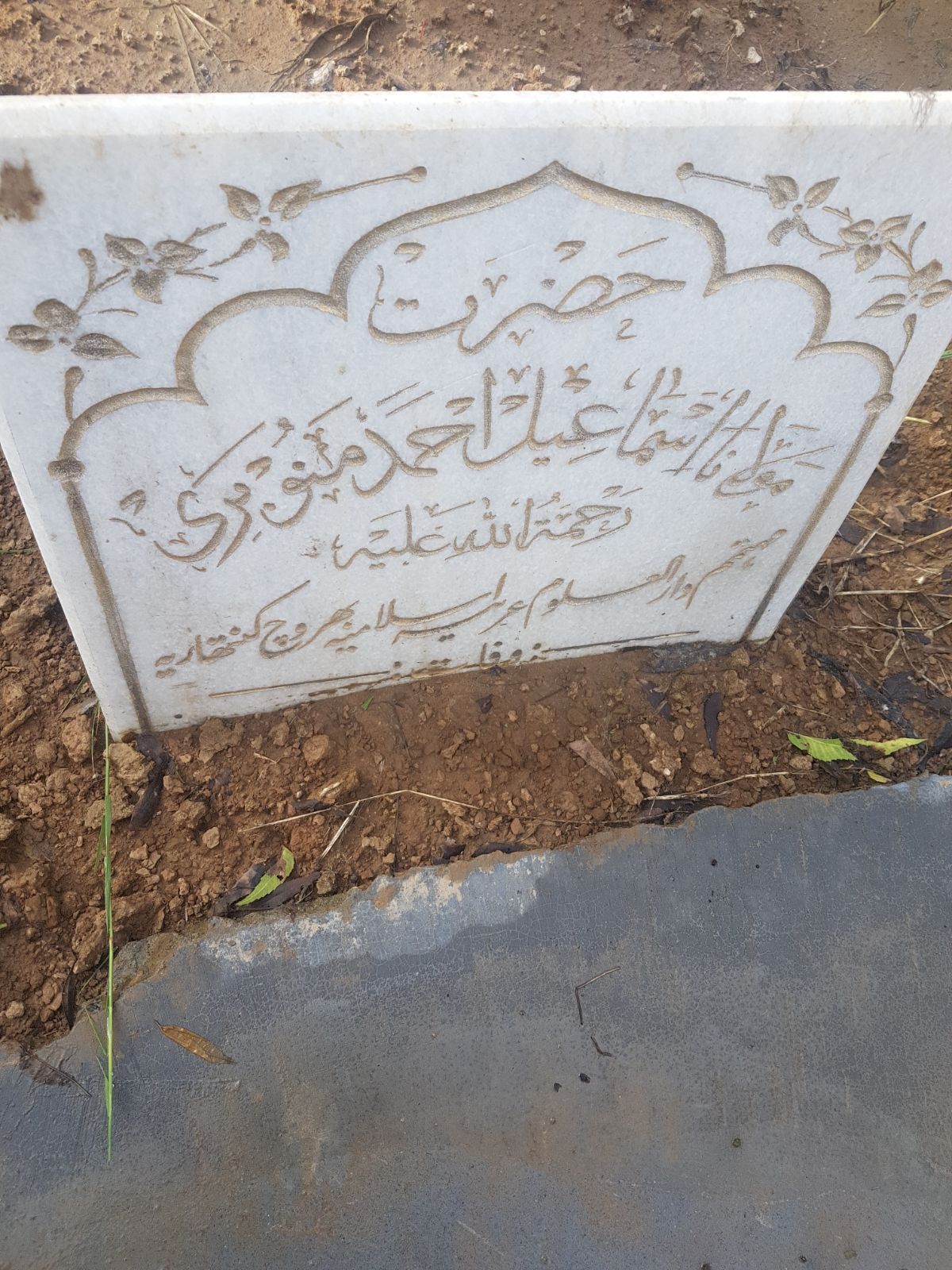Successful Parenting in the West – Shaykh Yasir Qadhi
4th April 2019 – Manchester, Read Foundation Dinner (Paraphrased)

Family, family, family. The family is one of the greatest blessings given to humanity, if Allah didn’t want to give this gift He wouldn’t have. When Allah told the angels that humans will be created, he used the word Khalifa which is often mistaken for meaning vice-regent, but its technical definition means a generation that will keep on replicating, the regeneration of families, because the angels don’t have to have these, the angels don’t have families they don’t marry other angels and have children. The same angel that was created millions of years ago is the same angel that will exist till the end of times. But humans recreate a generation that regrows and looks after each other we are created differently from the angels. We are a nation of families, we are species that Allah has created in a different manner to angels, that why Allah mentions the word Khalifah. The talk today is short and significant about raising children in the west, I’m going to share some benefits that I have myself learnt and acquired from the experience I have. I have 4 kids and three are teenagers so I want to share with you 7 rules from my own reading and research. Anything good I share is from Allah(SWT) and anything else is from Shaytaan and me.
First Rule – There are no rules.
Anybody that tells you they have the magic solution on how to be a better parent is lying, simple as that. Anybody that promises you that if you follow this piece of advice and I can guarantee that your children will come out like this, that advice is lying, miskeen. One famous child psychologist wrote a famous book about this, and that he had a PhD from Harvard etc. that before I had any children I had 6 theories about how to raise kids, now I have 6 kids and 0 theories. There are no rules to, nobody can guarantee or promise you that this technique will make your kids better, or more Islamic there is more educated. This also explains why the Quran and Sunnah don’t come with detailed manuals on parenting; there is more in our books about fiqh of wudu and Salah than about how to be a parent. That is not because astaghfirullah Allah intentionally left it out, it is because parenting is something you learn as you go along. It is child-sensitive and parent sensitive. It’s unique. How you raise one child will not necessarily be the same as how you raise the second child. It is something you learn on the job, and the training is your own life. So even the shariah does not have specific guidelines.
There is no massive book that can be written but because advice has not been recorded in prophetic traditions, also they are culture sensitive what works in one culture might not work in another culture, and what works in one neighbourhood might not even work in the house. So there cant be no manual, It’s just general generic advice, that can be universal, that you have to think about contemplate and adapt too, that’s the first rule.
2. The second rule is responsibility begets actions and knowledge begets responsibility.
The goal is to be a better parent that’s conscious that you are responsible in eyes of Allah, every parent should want to study and learn. Knowledge of the deen and Dunya. Benefit from Islamic advice when your education will raise awareness that will raise responsibility that will create better parenting. Some parents spend time in one thing but neglect other duties fathers concerned about one aspect like making sure they work all hours and have money for their children which is important, and mothers are always worried about whether you are fed or warm and have a jumper on. Both are concerned about something else, who is concerned with the spirituality of their children most parents only realise when it’s too late then go to the mosque to the Imam asking what went wrong, the answer is what did you do for the last 15 years both parents mothers and fathers are responsible for the spiritual welfare of your child.
You need to have fear of God in your hearts that Allah will ask me and you about our children
If we don’t have love and fear in our hearts of Allah, If you truly love your children you would provide for their spiritual wellbeing
What did you do to uplift their spirituality? Our ancestors came from another country even if parents weren’t religious the society and culture forced you to practice Islam and go to jummah and there were safety mechanisms place, to ensure your child was looked after.
In this country, there are no safety mechanisms. We are so concerned about their physical upbringing but are we not concerned about their akhirah.
Rule 3 – Actions speak louder than words
Lead by example not by words. By helping your children you need to help yourself first. Exemplifying the values of our faith you need to embody them in yourself. Your actions have to be consistent in your whole life. If there were to be a secret to who I am today, it’s my parents people want the kids to be like. Me I’m a nobody.
When I think of my parents I always see my mums face in the Quran, I remember her always reading the Quran as we were growing up. My dad always in the community, he built the first mosque in Houston in the 60s. I subconsciously grew up with this and took it in with me. They didn’t have to tell me to do this and that, I saw them doing it, I have the love of the Quran in my heart because I saw my parents with the Quran. It came with the home ambience that Allah blessed me with a child
When I was growing up sometimes, we lived where there was no mosque nearby. Typically one salah Maghrib my dad would lead in salah as a family. 10 years Mecca and Madinah I read maghrib and isha In the harams. But when I came back there were no mosques nearby. Subconsciously, I started replicating with my kids with toddlers behind me what I saw my dad doing as I grew up, I started leading the Salah at home with my toddlers behind me. I realised then, this act came from what upbringing my dad gave me.
You need to show your kids what you want them to be in yourself. You need to change your life if you expect your kids to change. For the sake of your children lead a better life. Contemplate if you are truly a role model. We are all sinners but we have to strive.
4. Rule 4 – Your family generally needs your time. More than your money
I say this especially to those that work so hard and we leave the house for so long that we think in our promotions and paycheck that’s what my kids need, which is in important too but there has to be a balance, they need that but taking time out for their children is what they need the most.
Taking time out for your family, don’t trivialise spending time with your children. A book by Gary Chapman 5 languages of love for children. Strongly encourage you to get this book.
The child to be healthy and loved, that the physical touch of human nature is important. There is a hadith of the Bedouin seeing the prophet with his grandsons kissing and picking one and playing with them, and the Bedouin is shocked because in culture you seem more macho and manly if you don’t show affection to your children, and he asked the Prophet (peace and blessings be upon him) about this, and the prophet said: ‘what can I do if Allah has taken mercy and tenderness from your heart.’
The Prophet (peace and blessings be upon him) played with the kids several times. Even in Salah with the prophet, the Prophet made the sajood longer because a baby was on his back. The prophet Led in salah with a baby in hand and delivered the khutbah imagine your local imam or sheikh doing that.
Secondly, he says in the book to use words of affirmations we love putting our kids down, especially in some cultures. Words of encouragement are good, we should criticise our kids at home in private.
Don’t belittle. Also, they will be the actions of acts of service you show them and rewards them with gifts.
Rule 5 – Be careful who your friends are.
Your friends will influence your children. They will influence your children and their children will influence your children. Birds of a feather flock together. Islam isn’t just road, you don’t just memorise Islam, and it is a lived experience. What do you do in your spare time, connect with a community and mosque community. Once a week twice a week they should know the mosque, they should know the mosque community. It should be the ambience of the home.
Rule 6 – Pray WITH and FOR your family.
Pray with your family as jamaah at least once a day, make a salah, you lead it doesn’t matter how bad your tajweed, or how you say waladhaleen. Allah will still reward you and give barakah to your family.
And pray for your family ask yourself when the last time you prayed for your children was that Allah guides them
The Prophets (peace and blessings be upon them) made so many duas from their tongues for the children, if they as Prophets (peace and blessings be upon them) had to make dua for their children, then who are you and me.
It should be the regular and number one dua on your list. If you don’t make dua for your children, who else will. All these prophetic duas from Ibrahim etc are for you, that is Allah giving you the duas to make for your children.
Rule 7- Do the best you can and leave the rest to Allah.
It’s Allah’s qadr look at Prophet Nuh (peace and blessings be upon him) was he a bad father no but look at his son, and look at Ibrahim (peace and blessings be upon him) and his father was Azhar but he had a son like Ibrahim (peace and blessings be upon him).
There are cases where kids are so away from Islam, for example, a family friend of ours, his son left Islam, which broke his dad’s heart, then after his father death then he repented and took the shahdah again because of the upbringing he remembered. That fathers dua was answered after he died.
The result is Allahs not yours.
Here we are talking about tarbiyyah of children and some parents don’t have the luxury to provide tarbiyyah of children in developiung countries, then someone has to or something has to take its place.

Question and Answers
1. What do you do if your local mosque does not have a facility for women?
Not only having a section in the mosque a part of Sunnah, in this day and age, in this society not having it is problematic.
How do you expect women to prepare the next generation, if you take away the umbilical cords of community and Islam from them. Our women should be welcomed in the mosque, they are the future mothers of our next generation
Our women are going everywhere, shopping centres, university etc but the one place they need to be they aren’t allowed. People quote hadith etc about them not being allowed in the mosque which is of opinion too but times have changed. People should put positive pressure on mosques. Positive pressure is not negative. A number of the masjid in America have 4 halls, one major for brothers, one for sisters, one connected to the sisters’ soundproof room for women and children, and one with brothers with children.
2. My child suffers with anxiety and depression, what can I do?
Listen carefully, everyone has their speciality and people who study Islam, are not equipped to deal with anxiety, give everyone their right and haq of knowledge and only ask Imam and Sheikhs questions to do with their expertise
Go to a trained therapist, Imams will make matters worse, linking it to a child’s Iman, and this can lead to depression and suicide, which we know is increasing. I speak as someone who trained for ten years at one of the best institutes in the world on Shariah and did not do one course on psychiatry.
3. What is your advice on LGBT provision expected?
This is a deep and sensitive question that requires a lot of time that I don’t have. As Muslims we are dealing with a crisis the like of which we have not dealt with before especially this issue. As Muslims we lash with our internal and moral and external compasses
Outsiders of our faith accuse us of double standards when we want to we invoke the principle of mutual respect and tolerance but when it goes against we don’t like it.
There was a Christain mother in Alabama who didn’t want her child to study one chapter about Islam about the 5 pillars, we as muslims react with outrage what’s wrong with knowing about Islam and not reacting. We always say live and let live.
Likewise, when our children are studying something we are critical of it. Your child will live in a society where in order to live, it should have general knowledge of what’s going on. We are only reactionary we are not visionary, we only react. When emotions are so high intellect ceases to exist. Our logic is integrally flawed. Our mosques and madrasah need to step up. It’s not as though our children don’t need to learn about Sex Education. What provision are we providing them in this society and if we don’t agree with it, we need to think about where we are living and our surroundings.
We should engage and challenge things in an intellectual professional way and if not learn from those not of our religion but with similar backgrounds and beliefs on how to tackle these issues.



 The city of Hijrah, a city once called Yathrib,
The city of Hijrah, a city once called Yathrib,



 I am a Muslim. I am British.
I am a Muslim. I am British.


